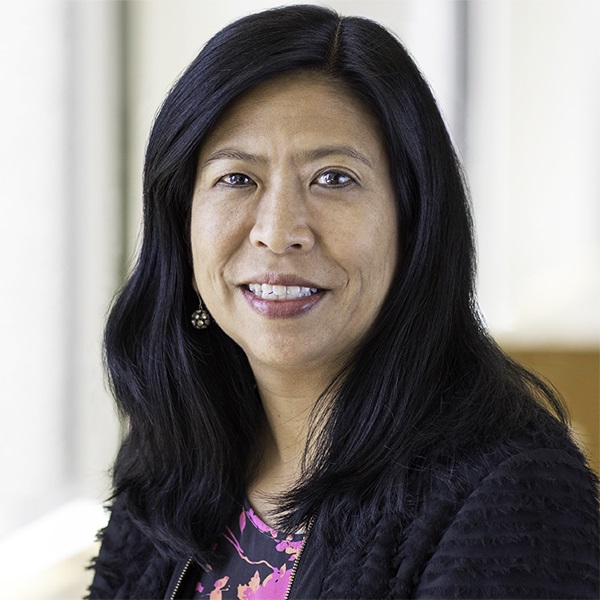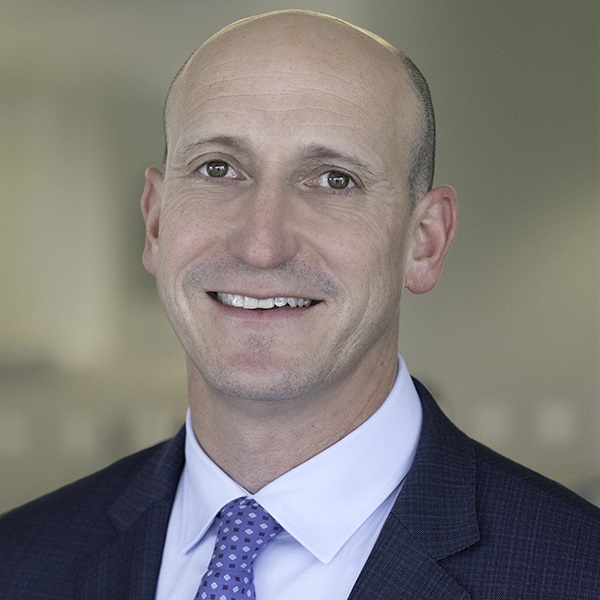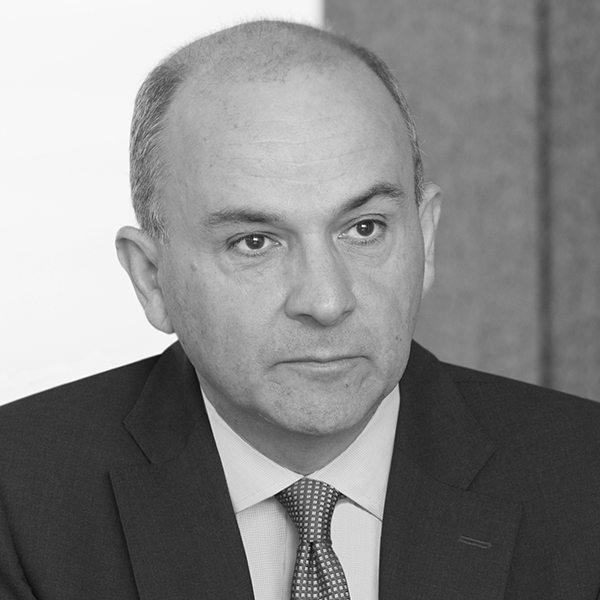Fixed Income
Global
- COVID will be with us for a while, stay focused on opportunities using a stock-by-stock approach
- Unprecedented macroeconomic policy response requires a balanced portfolio
- We are likely to see a period of higher inflation as we come out of the COVID crisis
We share the views of some of our portfolio managers and economists on navigating the equity and fixed income markets in the year ahead and beyond. They also share how the last year has influenced long-term developments in economic and market outlooks.
An equity portfolio manager view: Noriko Chen
A turning point has been reached in getting back to a more normalised state
I'm optimistic about the outlook for 2021, starting with COVID. The vaccine rollout globally is impressive. We have seen several vaccines that were developed in a very short period and they're providing solid protection against the virus.
Although vaccines might be slightly less effective against some variants, they still appear effective enough to prevent serious illness and death. Most vaccine manufacturers that we talk to also believe they can manufacture boosters that will increase efficacy against the variants. As more people are vaccinated, we should be able to deal with COVID more effectively and over time, it will have a diminishing impact on the economy.
These trends make me feel optimistic that we’ve reached a turning point in getting back to a more normalised state. In terms of global markets, we had one of the fastest bear markets in history, and now we're seeing signs of recovery globally. The coordinated stimulus efforts combined with low interest rates have been a catalyst for recovery and GDP growth rates are expected to rebound this year. While we have seen some growing concerns about the markets overheating, as long as the US Federal Reserve remains accommodative and wages don’t spike quickly, I will not change my current investment focus.
Having said that, I am still watching for bigger spikes in bond volatility, a sharper flattening of the yield curve or faster than expected rate hikes (to 3%) which would all be more concerning. However, I don't think the recent market reaction is surprising because some markets and share prices were already pricing in a recovery.
Valuations always matter
We are having a lot of debates internally about equity valuations right now. There are some technology companies that have had a good few years of earnings priced in, so my colleagues and I have been very selective about individual companies that we would want to invest in now. I have also been reducing my portfolio exposure to some of the highfliers that are trading at enterprise value (EV)-to-sales of 12 times fiscal year 2024. I'm not sure when it went from, ‘it's okay to trade at four to five times sales’ to seven times sales to now 12 times sales in fiscal year 2024. In my view some of these multiples are stretched.
I think that there are plenty of attractive companies, even in the technology space, not trading at lofty valuations. You can still find lots of companies trading on earnings, not sales. And there are clearly companies that are likely to benefit as the world normalises post-COVID such as aerospace companies, cruise lines, commodities, hotels and travel booking companies where we continue to build on existing positions. I also like the global consumer staple companies as I believe that they will benefit as the world normalises.
We're in a renaissance for medical technology and biotechnology innovation
The impact of technology and innovation is being felt across sectors. I think the game changer was computing power, which has enabled us to process a lot more data and information. Data analytics and machine learning allows us to fast track many operational processes. For example, in healthcare there's been a significant uptick in drug intellectual property filings. It currently costs between about a billion to $2 billion to develop a drug, which is a high hurdle. If we can significantly reduce costs, because we can crunch more data that would be amazing. This, combined with new research tools, like single cell DNA sequencing will enable faster drug discovery, and lower drug development costs and take less time to get from concept to clinical trial, which means you can charge less to make the same return.
Risk factors you should consider before investing:
- This material is not intended to provide investment advice or be considered a personal recommendation.
- The value of investments and income from them can go down as well as up and you may lose some or all of your initial investment.
- Past results are not a guide to future results.
- If the currency in which you invest strengthens against the currency in which the underlying investments of the fund are made, the value of your investment will decrease
- Depending on the strategy, risks may be associated with investing in fixed income, emerging markets and/or high-yield securities; emerging markets are volatile and may suffer from liquidity problems.
Our latest insights
Hear from our investment team.
Sign up now to get industry-leading insights and timely articles delivered to your inbox.
Past results are not a guarantee of future results. The value of investments and income from them can go down as well as up and you may lose some or all of your initial investment. This information is not intended to provide investment, tax or other advice, or to be a solicitation to buy or sell any securities.
Statements attributed to an individual represent the opinions of that individual as of the date published and do not necessarily reflect the opinions of Capital Group or its affiliates. All information is as at the date indicated unless otherwise stated. Some information may have been obtained from third parties, and as such the reliability of that information is not guaranteed.
 Noriko Chen
Noriko Chen
 Mike Gitlin
Mike Gitlin
 Robert Lind
Robert Lind
 Darrell Spence
Darrell Spence